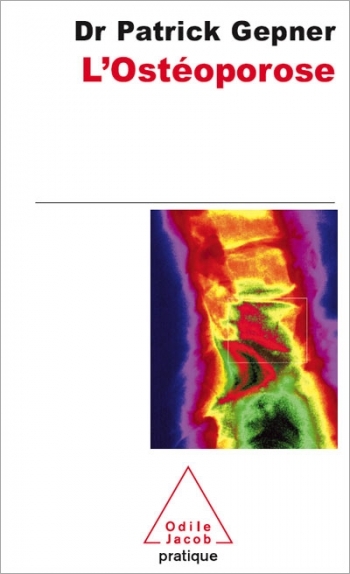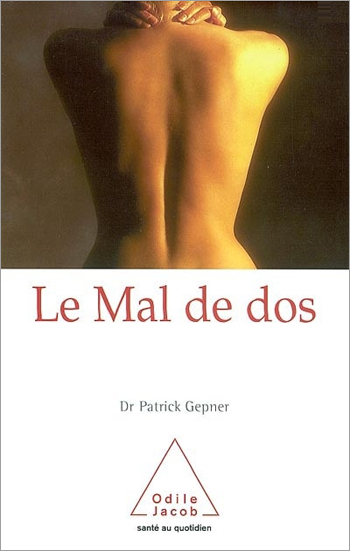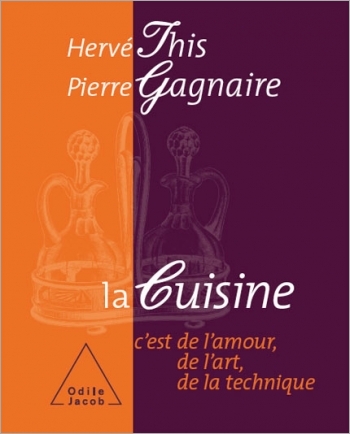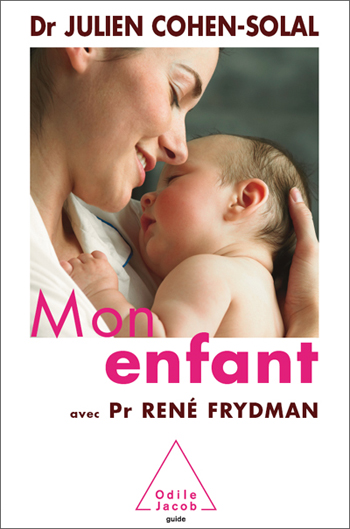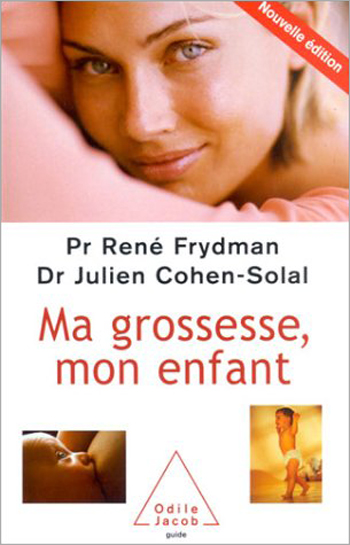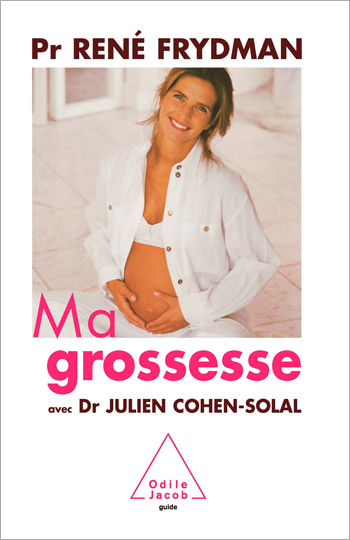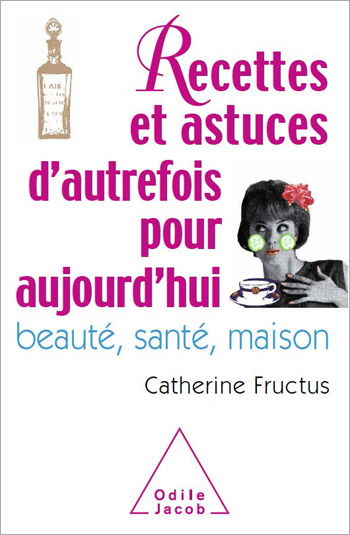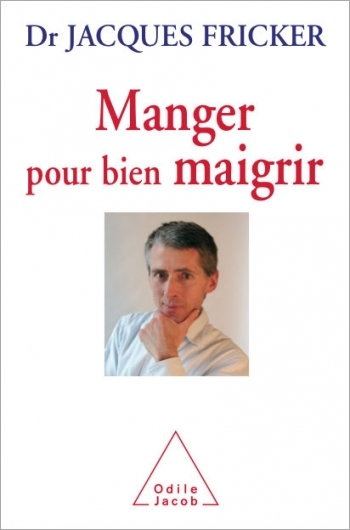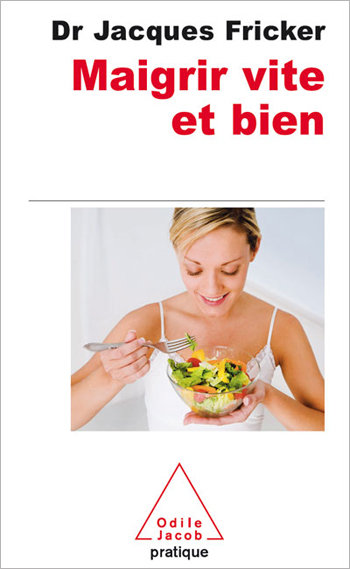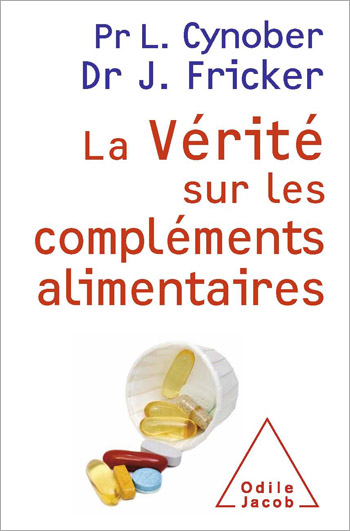Health and Wellness All books
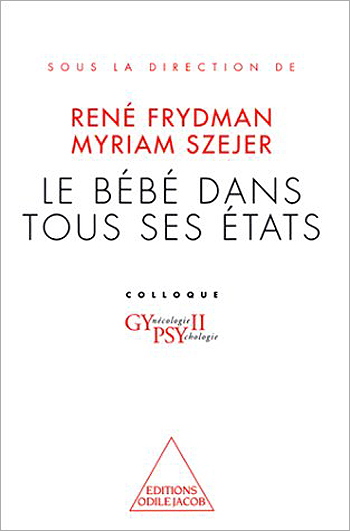
René Frydman, Myriam Szejer
The Baby Through All Stages of Development Gypsy II Conference
Can communication be established with new-born infants? Is it true that certain forms of sensory information can be transmitted to foetuses? How can doctors detect medical disorders which are the expression of psychic suffering in infancy? Can psychoanalysis help to relieve such disorders? To produce this report, paediatricians, midwives, psychotherapists, psychoanalysts, and researchers pooled their experience to provide a better understanding of what makes human beings develop harmoniously. The Gypsy II Conference was held in association with the organisation known as "La Cause des Bébés".
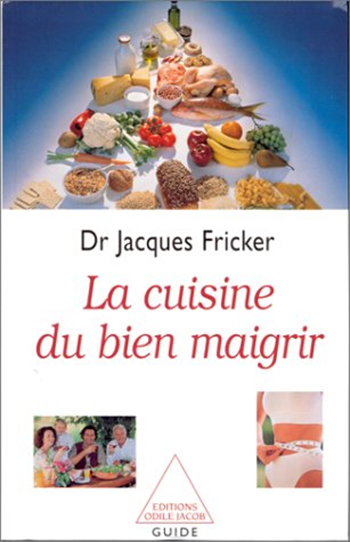
Jacques Fricker
Cookery for Slimmers
Eating well is first of all a case of balancing your daily intake of food. It is also enjoying every day simple yet tasty cooking, and taking small steps to safeguard your figure and your well-being. It is following a diet which is specially adapted to help you to achieve your ideal weight. Finally, it is finding recipes for special occasions which dont threaten your weight or your health. The recipes found in this book have been formulated by Patrick Clavé, a chef at the Centre diététique de Brides-les-Bains, with the collaboration de Valérie Gehin, Isabelle Revol and Marie-José Carduner, who are all nutritionists.
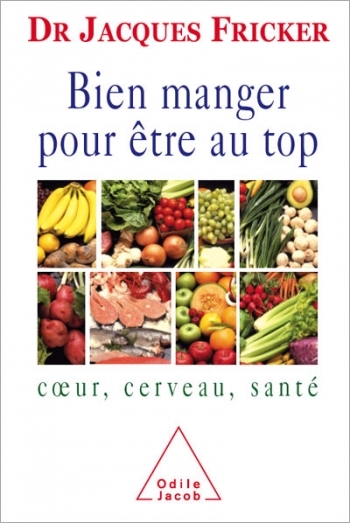
Jacques Fricker
Eat Well To Be On Top Form Heart, Brain, Health
Should you eat read meat ? Is red wine good for the heart ? Do "bio" products give us a boost ? What to think of health supplements ? This book tells readers how eat so as to protect and preserve their future, but it does not ignore their present mental and physical well-being. In addition, readers will find the authors simple, straightforward tips easy to put into practice in their daily lives.

